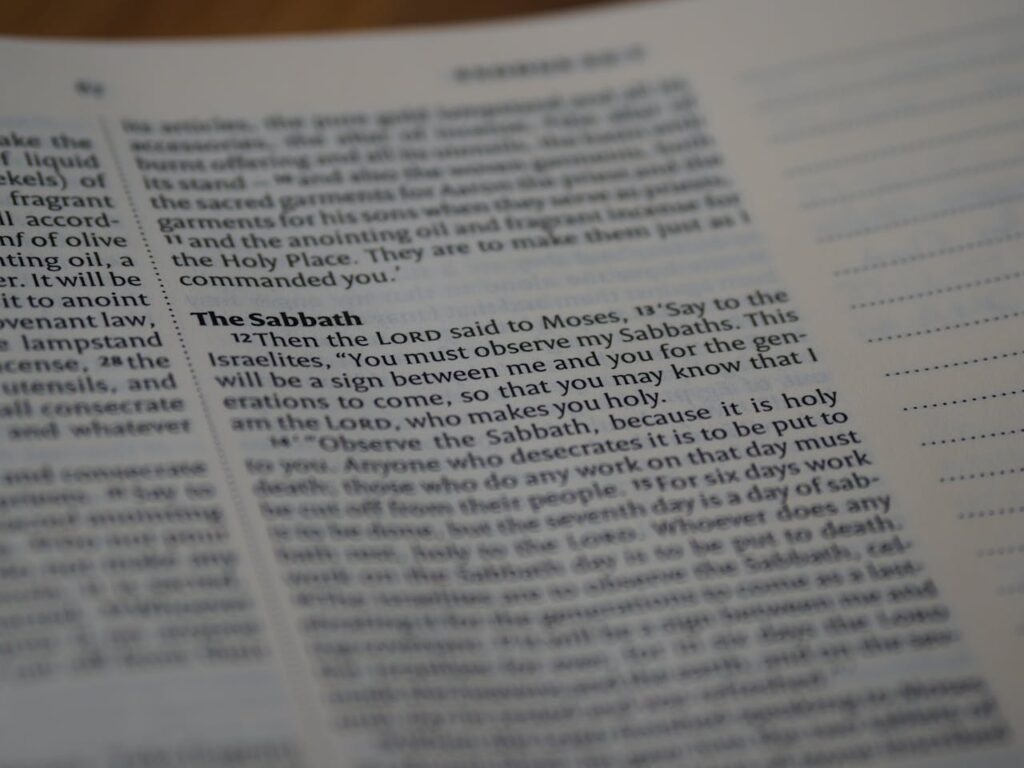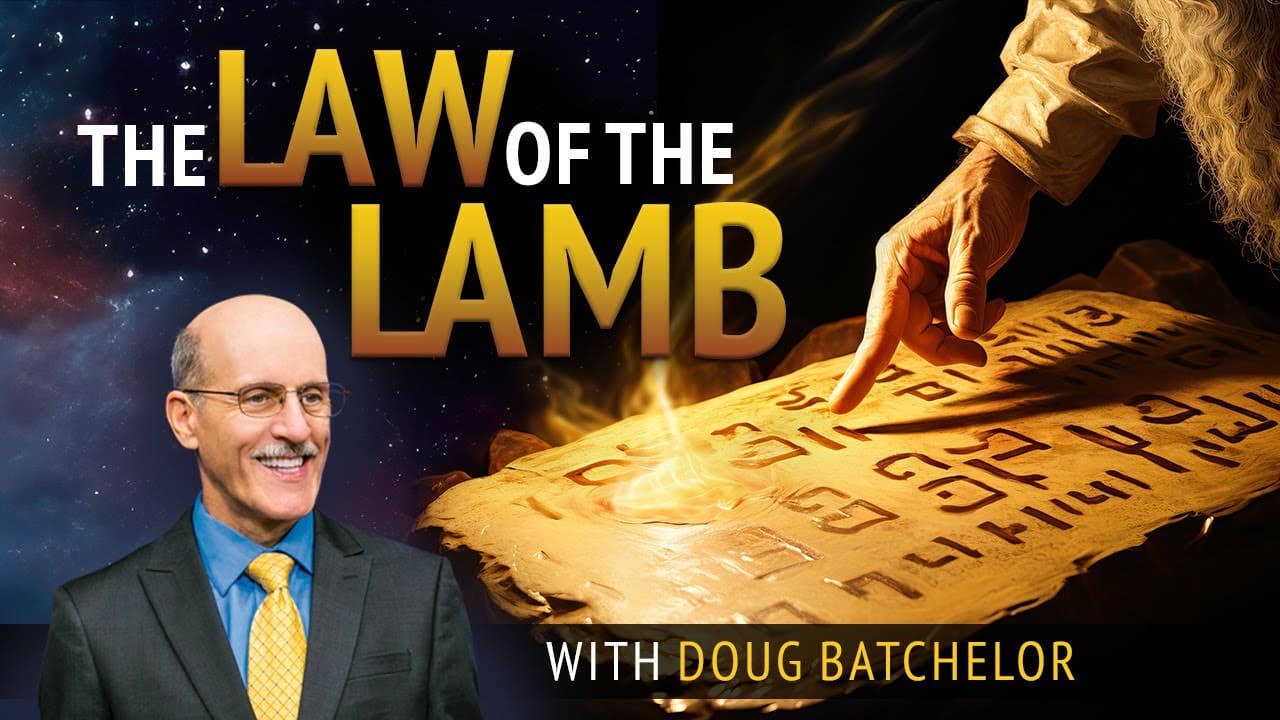The keeping of the Sabbath is based on the Ten Commandments, which are considered part of the eternal and unchanging moral law of God. The apostle Paul affirms the holiness, justice, and goodness of the law (Romans 7:12). Therefore, as believers, we recognize the importance of honouring the Sabbath as a commandment that reflects God’s will for our lives.
The practice of circumcision, on the other hand, is not binding on Christians because it was part of the ceremonial law given specifically to the Israelites as a national rite. The apostle Paul emphasizes that circumcision or uncircumcision is not what matters, but rather keeping the commandments of God (1 Corinthians 7:18-19). In the New Testament, there is no commandment given to Gentile believers to observe the law of Moses, including the rite of circumcision.
It is important to distinguish between the moral law, which includes commandments such as the Sabbath, and the ceremonial law, which comprised specific rituals and practices for the Israelites. While the moral law applies universally to all people, the ceremonial law had a specific purpose and fulfilled its role in the Old Covenant. Jesus Christ brought a new covenant, and believers are now called to follow Christ and keep His commandments.
Therefore, we uphold the Sabbath as a moral commandment and recognize its significance in honouring God’s rest and setting aside a day for worship and spiritual renewal. At the same time, we understand that circumcision, as a specific requirement of the ceremonial law, is not applicable to Christians today.














